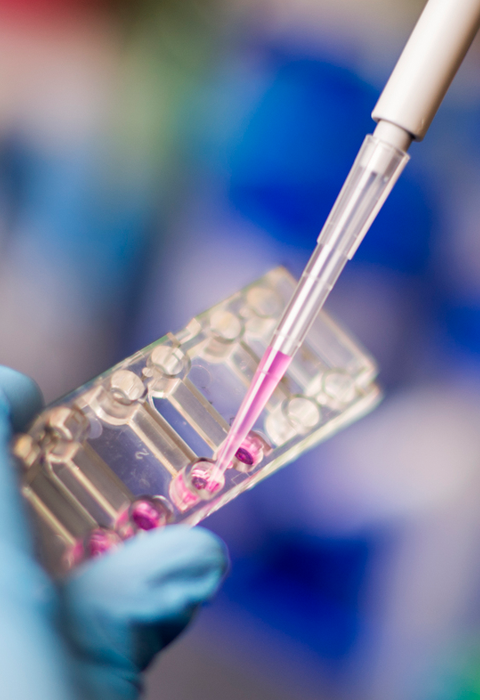
PlusOne with MS in Bioengineering
PlusOne with MS in Bioengineering
Overview
Accelerated Master’s degrees allow students to accelerate the attainment of the master’s degree by applying graduate credits taken as an undergraduate toward both the undergraduate and graduate degrees. Current students apply to enroll in the Accelerated Master’s PlusOne Program.
With the PlusOne program, students attain their bachelor’s degree followed by a PlusOne year to complete the master’s degree.
Below are the eligible undergraduate majors available to pursue a PlusOne pathway with a master’s degree in Bioengineering. Also, review the Curriculum Guides and the Accelerated Master’s links for further details, including program policies and procedures, as well as how to Apply.
Acceptable Undergraduate Pathways
| Eligible Undergrad Majors | Additional Prerequisites |
| BS in Bioengineering (and all combined majors) | |
| BS in Chemical Engineering (and all combined majors) | |
| BS in Civil Engineering (and all combined majors) | |
| BS in Computer Engineering (and all combined majors) | |
| BS in Electrical Engineering (and all combined majors) | |
| BS in Environmental Engineering (and all combined majors) | |
| BS in Industrial Engineering | |
| BS in Mechanical Engineering (and all combined majors) |
Graduate Course Sharing
Students currently pursuing their Bachelor’s degree should refer to their undergraduate program’s guidelines on how the graduate courses can be shared with their undergraduate degree. College of Engineering undergraduate students should refer to their Plan of Study page.
Principles of Bioengineering (BIOE 6000) and Seminar (BIOE 7390) are not required for students in a PlusOne Bioengineering pathway, but students must successfully complete a total of 32 semester hours for their MS degree.
For other questions on graduate course sharing, please contact Graduate School of Engineering Advising.
Select up to four 5000-level courses in your MS Bioengineering concentration.
Academic Advising
For support with academic questions, students should reach out to their undergraduate academic advisor in their home college as well as the Graduate School of Engineering.

